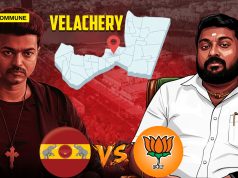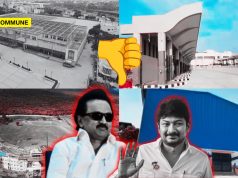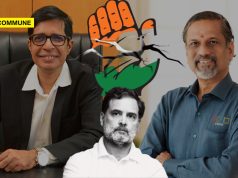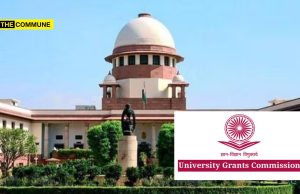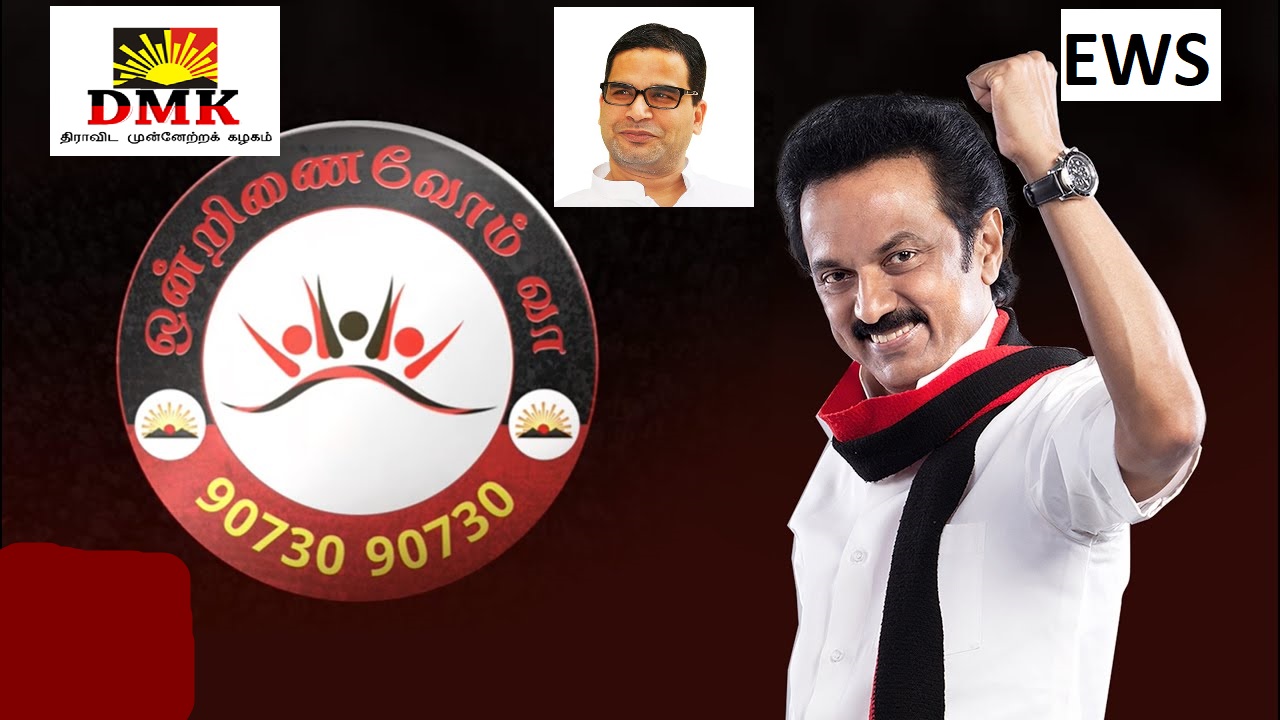
On June 4, 2020, a circular was issued by Principal Secretary and Commissioner of Revenue Administration J. Radhakrishnan IAS to all District Collectors of Tamil Nadu asking them to instruct the Tahsildars to not issue income and asset certificate for Economically Weaker Sections (EWS) either through online or manually. This missed grabbing the headlines as the mainstream media didn’t pay much attention. However, it did create a small ripple in social media with many questioning and speculating the intentions behind the move by the AIADMK government. It was seen as an attempt to pander to the OBC vote bank considering that elections are due next year. What is the truth behind this move? To understand, we need to connect some dots.
The dots
Dot 1: On April 20 of this year as the Wuhan virus was stretching its tentacles leading to a nation-wide lockdown that has been in force since March 24, DMK President under the advice of Prashant Kishor the head of Indian Political Action Committee (IPAC) announced a scheme called ‘Ondrinaivom Vaa’ (Let’s Come Together). Through this propaganda initiative the party was to reach out to the needy and support them with food, essentials and cash.
Dot 2: On May 5, there was an incident reported in Kanyakumari that did not make much noise. Selvakumar, a former English teacher from Osaravillai who served as the Kulasekarapuram village panchayat vice president near Suseendhiram was reportedly going house by house collecting copies of identity documents like Aadhar card, ration card, etc along with photos, phone numbers and other details. Selvakumar is a DMK office bearer.
Dot 3: DMK MPs Dayanidhi Maran and TR Baalu along with Tamizhachi Thangapandian and Kalanidhi Veerasamy had met Tamil Nadu Chief Secretary K. Shanmugam on May 13 to submit the petitions received under DMK’s propaganda banner “Ondrinaivom Vaa”. It was claimed that they had submitted close to a lakh petitions to the Chief Secretary. The Chief Secretary had immediately sent these petitions to the CM Special Cell that was later segregated department wise and sent it to the respective departments and districts. Tamil Nadu Food Minister R Kamaraj had said that most of the petitions submitted under Ondrinaivom Vaa were fake petitions. Some of them turned out to be complaints of civic issues and had nothing to do with COVID or lockdown relief.
Dot 4: On May 29, MK Stalin submitted a second batch of more than 6.2 lakh petitions claimed to have received under Ondrinaivom Vaa to the CM office. He also claimed that 15 lakh distress calls were received on Ondrinaivom Vaa’s number 90730 90730 which were addressed by DMK office bearers at the block and district levels.
Dot 5: Meanwhile, it was observed that across districts, there was an increase in number of people applying and getting income and assets certificate to be listed under EWS.
Connecting the dots
In the name of reaching out to the needy and the economically weaker sections, the DMK and the IPAC went about collecting data like phone number, Aadhar card, address, number of people in a family, number of voters, and other details from lakhs of people. Simultaneously, it was found that there was rising number of income and assets certificate issued across districts. Most of these applications were filed by those who did not qualify for EWS criteria which is – those not belonging to SC/ST/OBC, those families having an annual income of less than 8 lakhs, those having a residential flat area of less than 1000 sq. ft, those now owning more than 5 acres agricultural land, etc). It seems that the DMK had collected details of these families and urged them to apply for EWS certificates as part of developing their vote bank.
Assuming that 1 petition consists of details about an individual and his/her family members, if one were to add up the data – 15 lakh phone calls made to 90730 90730, the 6.2 lakh petitions and the 1 lakh petitions – this would amount to information of 22.2 lakh families of Tamil Nadu. Accounting for duplications, petitions by own party men, etc. we can safely say that details of atleast 15 lakh families and their votes are now with the DMK and IPAC. Assuming that each family has 4 votes, it would mean that the DMK and IPAC now have personal details of 60 lakh voters of Tamil Nadu out of which we can say that 50% (30 lakhs) could be new voters. This data bank is now a plausible vote bank.
Prashant Kishor and his IPAC team are known for playing around with data to chart out election strategies for political parties. It is to be noted that in the 2016 Assembly elections, the difference between valid votes obtained by ADMK and DMK was approximately 39.47 lakhs. The DMK alliance that had put up a stellar performance in the Lok Sabha elections did not fare as expected in the by-elections and the local body elections that followed. Through the Ondrinaivom Vaa banner, they have harvested information of approximately 60 lakh voters (a modest estimate) for targeted political advertising, similar to what Cambridge Analytica did in the 2016 American Presidential elections.
It is in light of this behind-the-screen activities of Ondrinaivom Vaa, that the ADMK government issued a circular on June 4 to stop issuing income and assets certificates.
Inputs taken from Chanakyaa.

